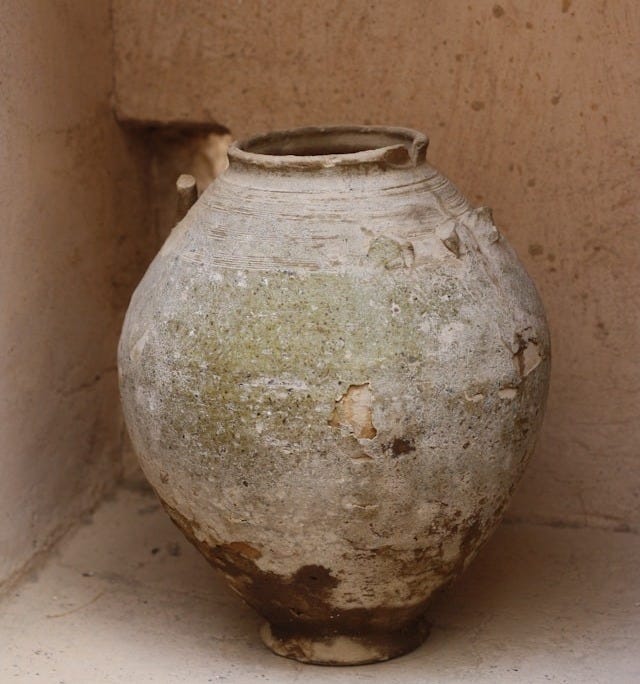Saving the Best for Last
4/4/25 Bible Thought (John 2)

Something that fascinates me continually is to consider the first 30 years of Jesus’ life. We saw so clearly yesterday in John 1 that Jesus Christ came into the world as God-incarnate. He never ceased to be divine and thus He never became divine.
Yet, for 30 years His life is shrouded in mystery. We have one story from His time in the temple at age 12 (Lk. 2:41-52) and otherwise the Gospels don’t give us any record of His life until He’s roughly 30 when He begins His ministry (Lk. 3:23). For 30 years He was patiently awaiting the sovereignly decreed time for His ministry to begin.
Then, we turn to John 2, and there’s a seemingly simple problem: a wedding with no more wine where Jesus was an invited guest. Craig Keener helpfully describes the problem when he writes,
“Jewish custom required wine for festive occasions, including for Sabbath meals and weddings…To run out of wine at a wedding was a social embarrassment that could become the subject of this village’s jests for years; the host was responsible to provide his guests with adequate wine even if they stayed for seven days.”[1]
Certainly, it’s not as bad as other requests that are brought to Jesus throughout the Gospels. It’s not like Jairus’ daughter perishing of sickness, the father of the demonized boy, or the death of Lazarus the brother of Mary and Martha. Nevertheless, it was a problem, and Jesus is shown on page after page to care about our problems.
Mary brings the problem to Jesus’ attention and His response is confusing at first as it looks disrespectful. Scholar, D.A. Carson, helpfully addresses this. He explains that Jesus was more or less calling His mother, “Ma’am” and that the purpose of His address was to show her that she must come to Him as the Messiah, just as everyone else must.[2]
There would be no family privileges or favorites. There would be no cutting in line as it were. There would be no manipulations of Jesus’ power or authority. Truly, the only compass in Jesus’ ministry was the Father’s sovereign will (Lk. 22:42; Jn. 4:34; 5:30; 6:38).
Here, this small care of a first-century Jewish wedding prompts the onset of Jesus’ ministry of miracles. The same Messiah who refused to use His miraculous power to quench His thirst in the wilderness for 40 days is now going to help this couple simply avoid embarrassment. Jesus cared.
So, He uses the water they had on hand and turns it into wine, and not only wine—but the best wine.
The apostle John concludes, “This, the first of his signs, Jesus did at Cana in Galilee, and manifested his glory. And his disciples believed in him” (Jn. 2:11).
Jesus’ first miracle showcased His glory, just as the miracles in the Old Testament showcased the glory of Yahweh (Ex. 14:18; 16:7). Truly, a day is still coming when, “The earth will be filled with the knowledge of the glory of the Lord as the waters cover the sea” (Hab. 2:14).
His hour (of His atoning death) had not yet come (Jn. 2:4) and yet, the time for ministry had begun. Jesus shows us today not only that He is able to work miracles, but that He is a Savior who cares.
[1] Craig S. Keener, John, ed. Clinton E. Arnold, vol. 2A of Zondervan Illustrated Bible Backgrounds Commentary (Grand Rapids, MI: Zondervan, 2019), 21.
[2] D. A. Carson, The Gospel according to John, The Pillar New Testament Commentary (Leicester, England; Grand Rapids, MI: Inter-Varsity Press; W.B. Eerdmans, 1991), 170–171.


What a wonderful reminder. Thank you for sharing this!